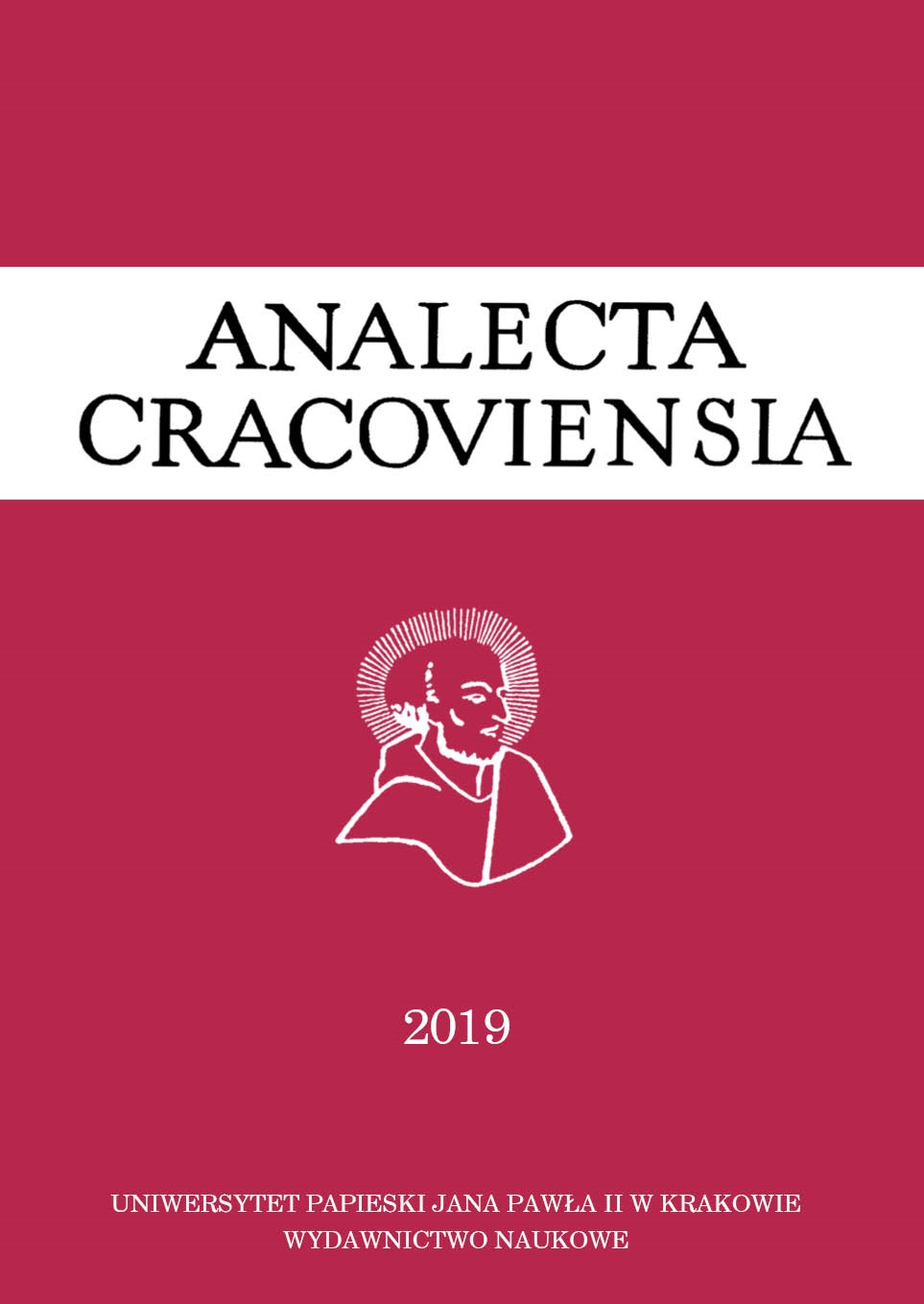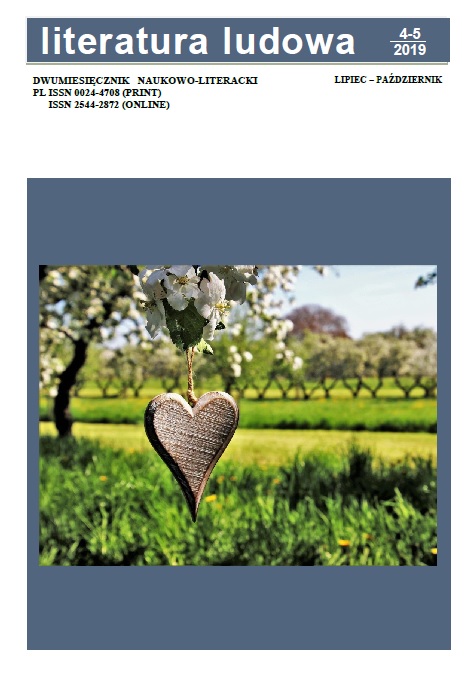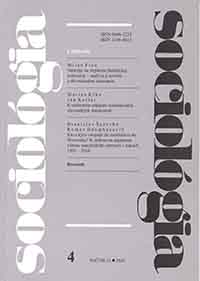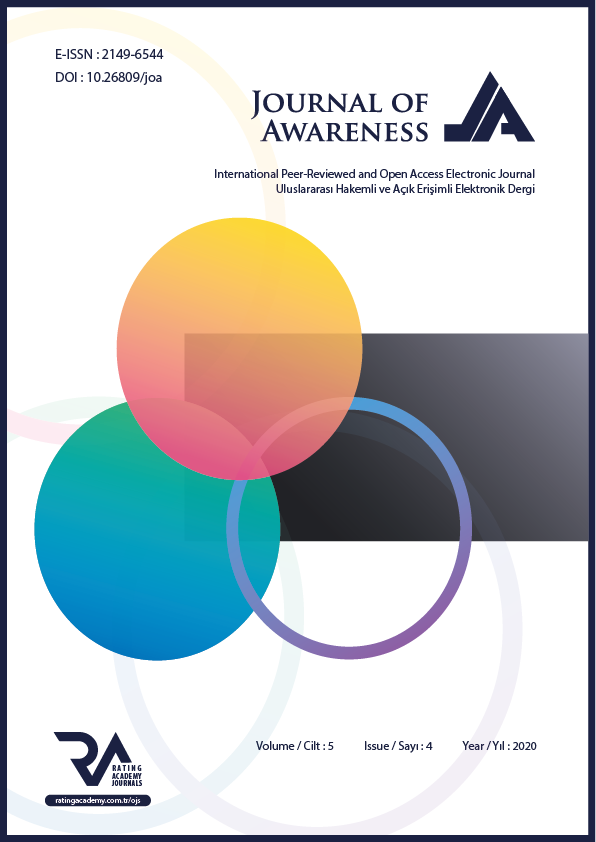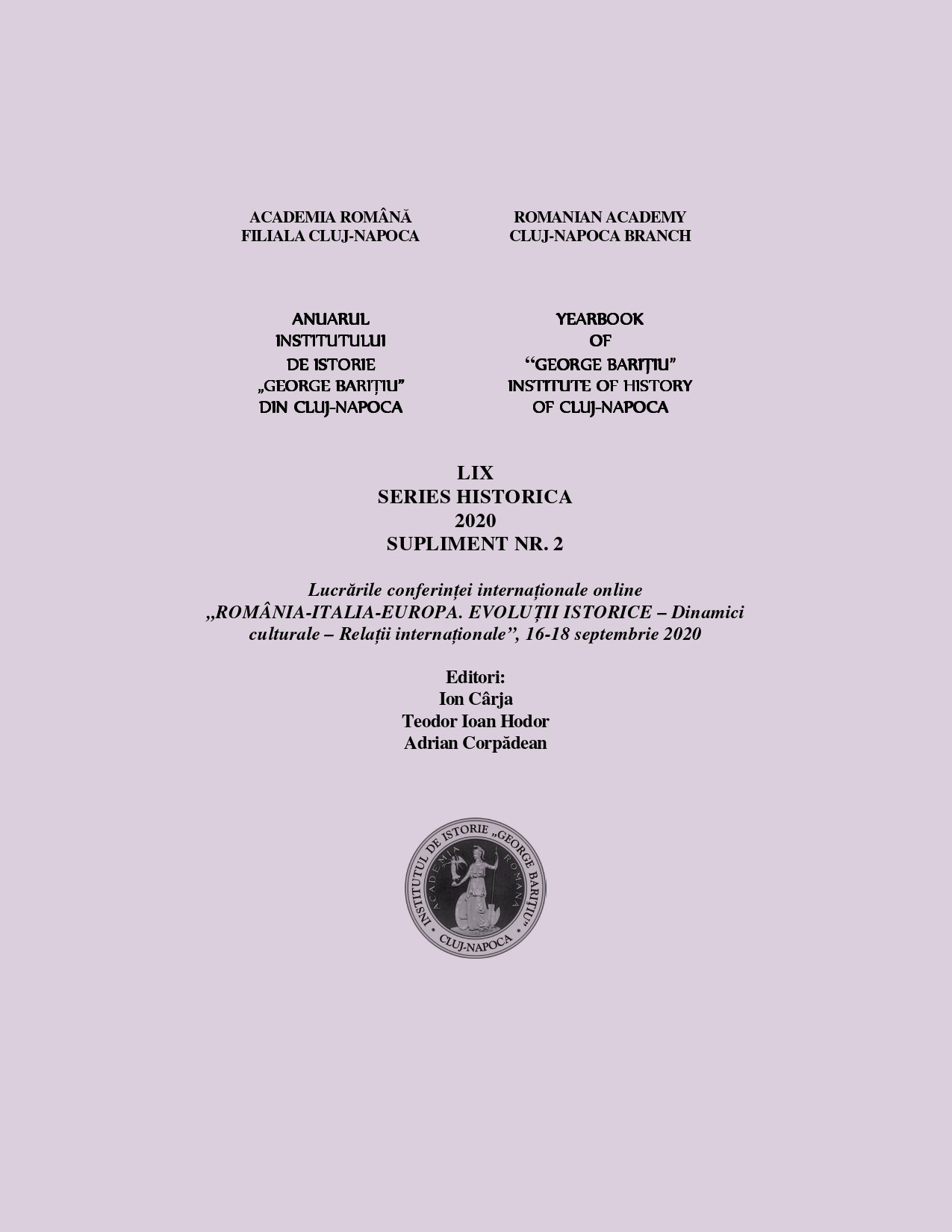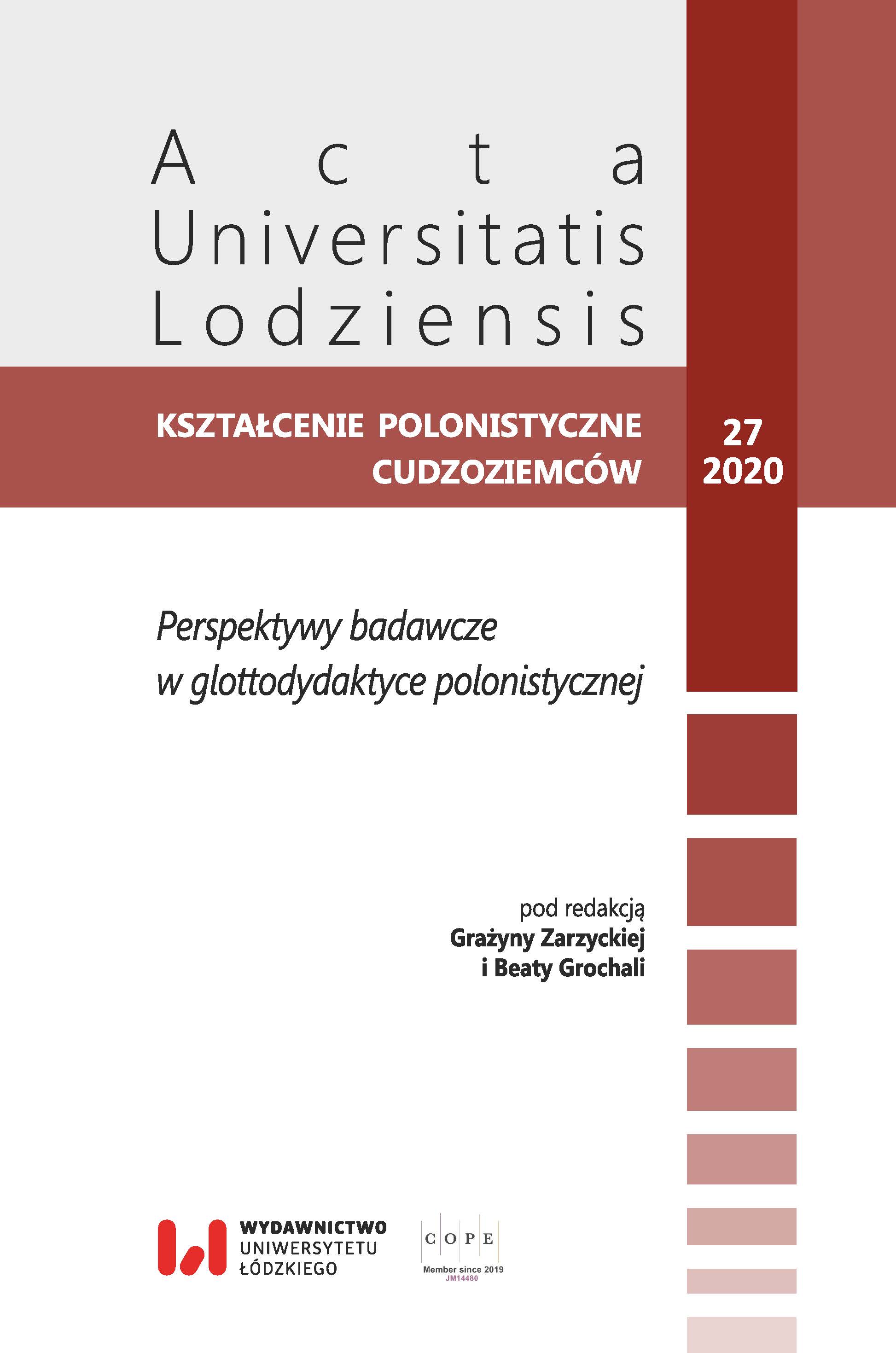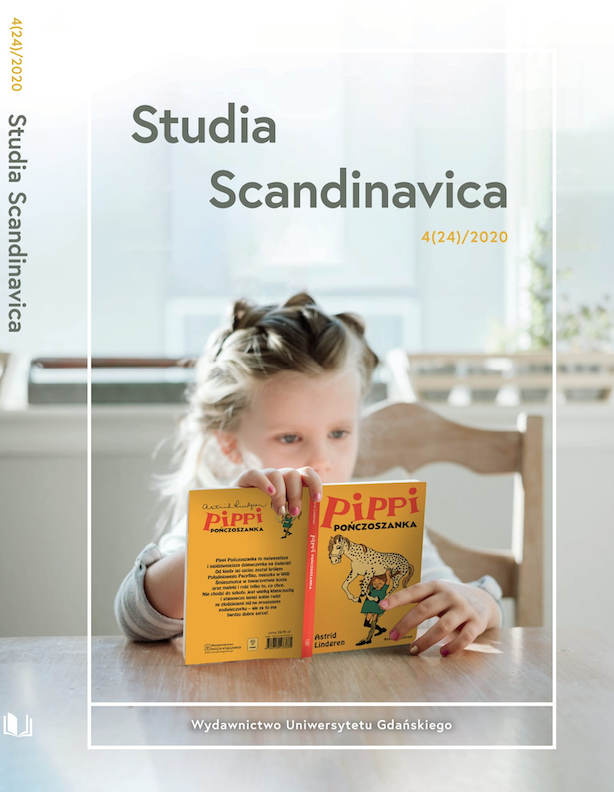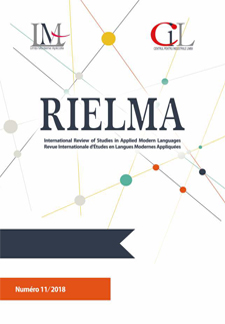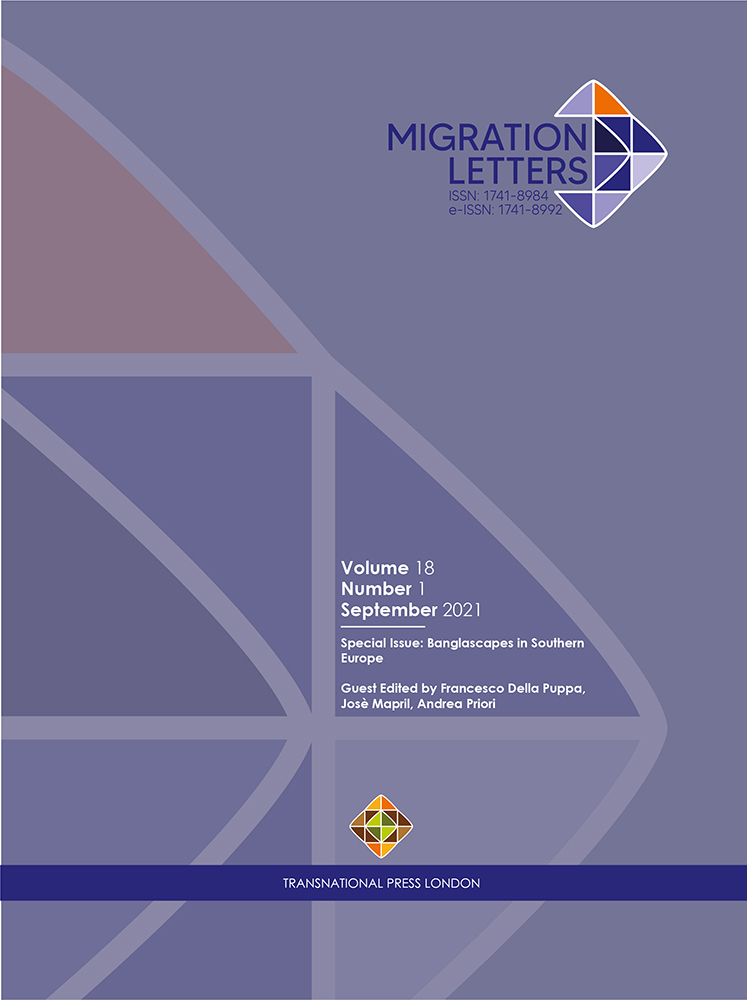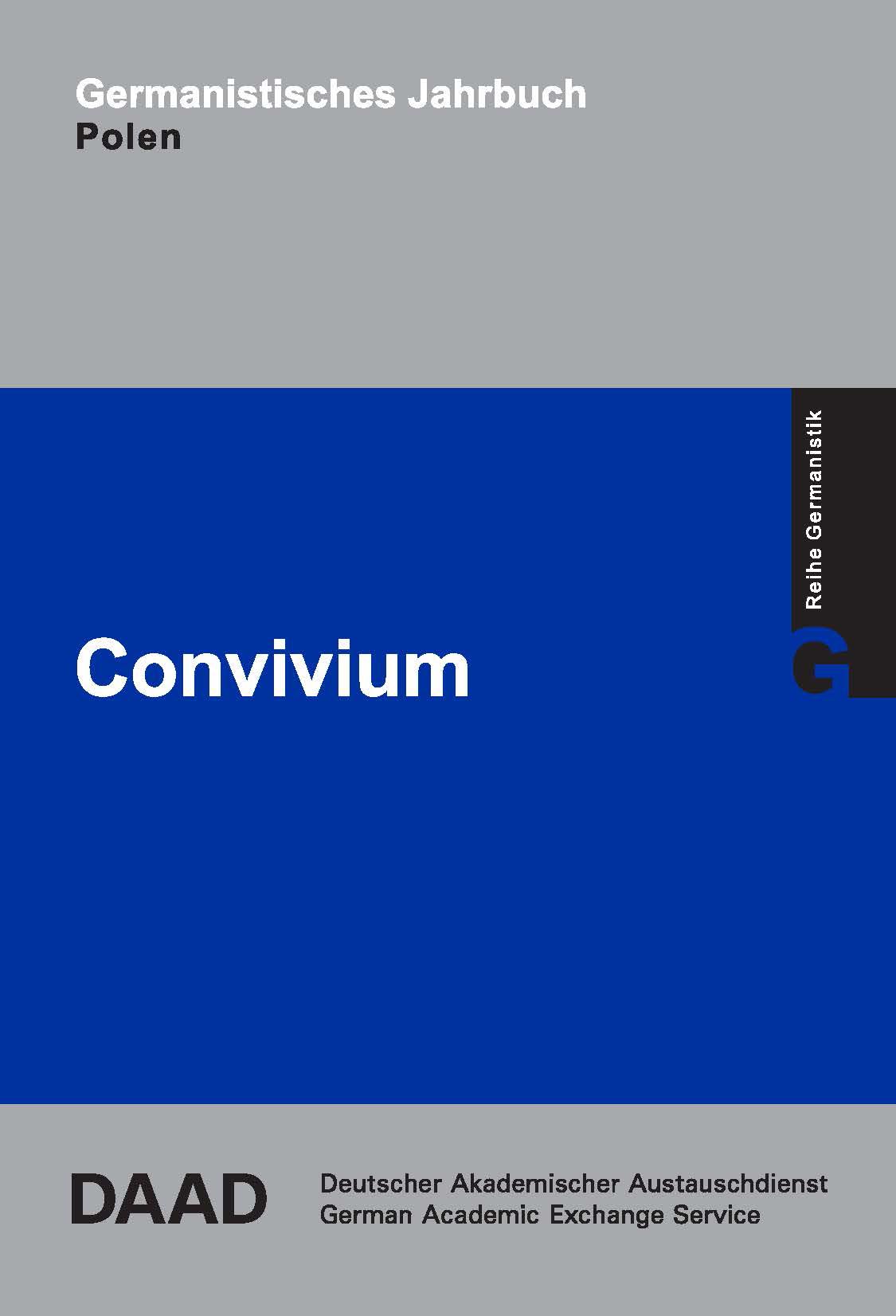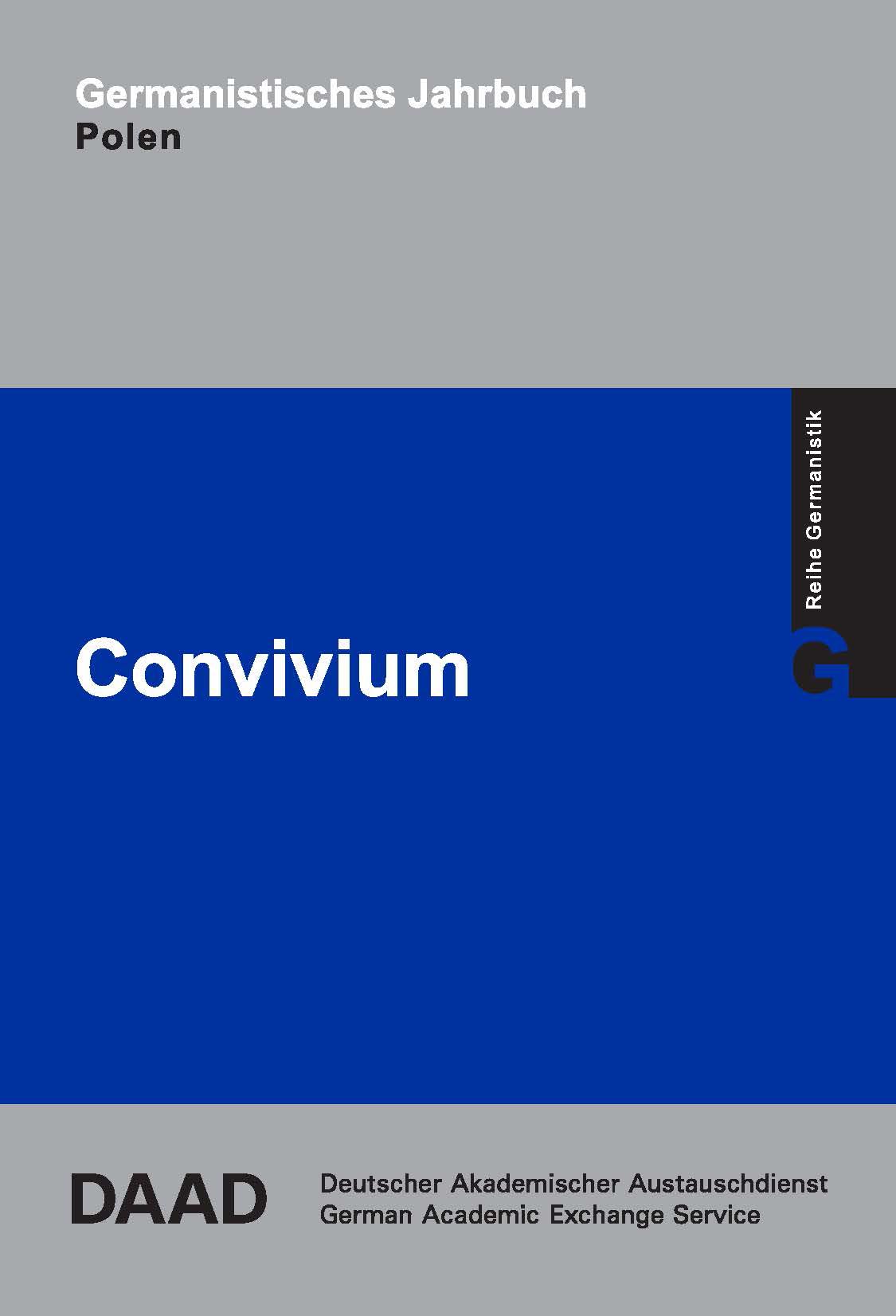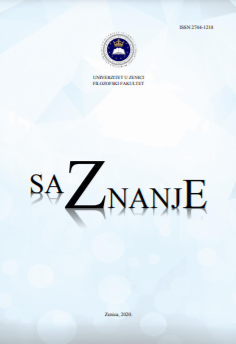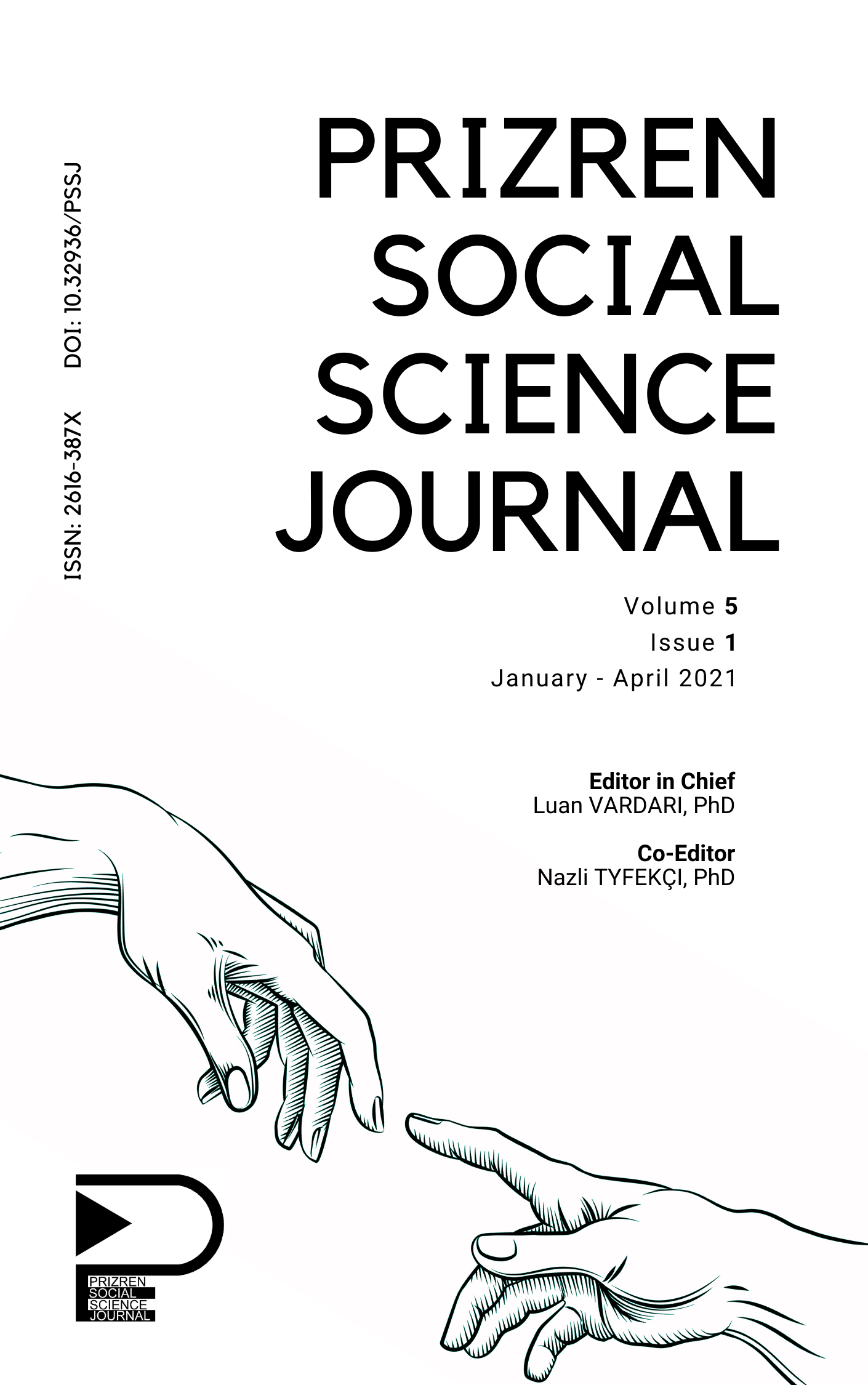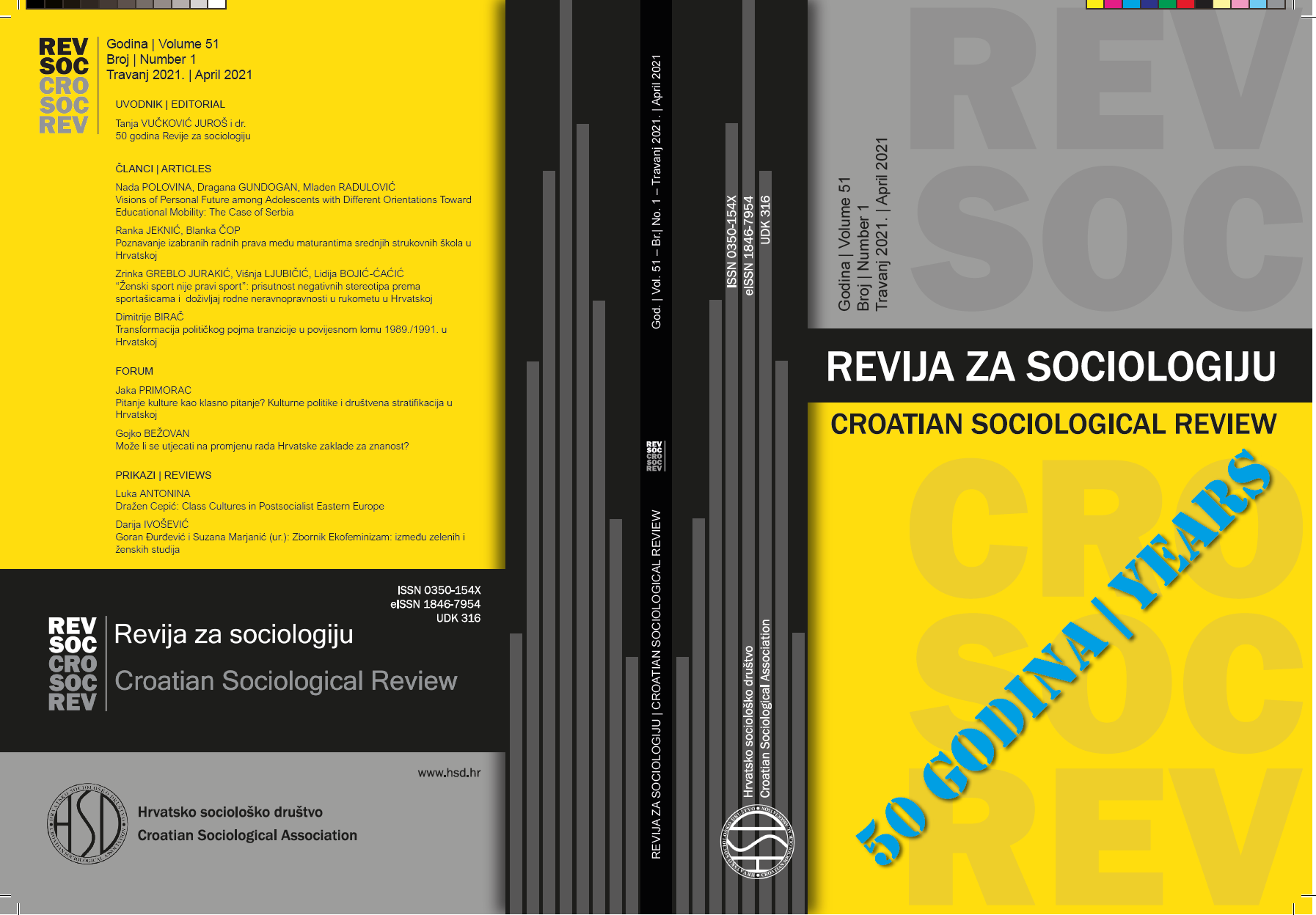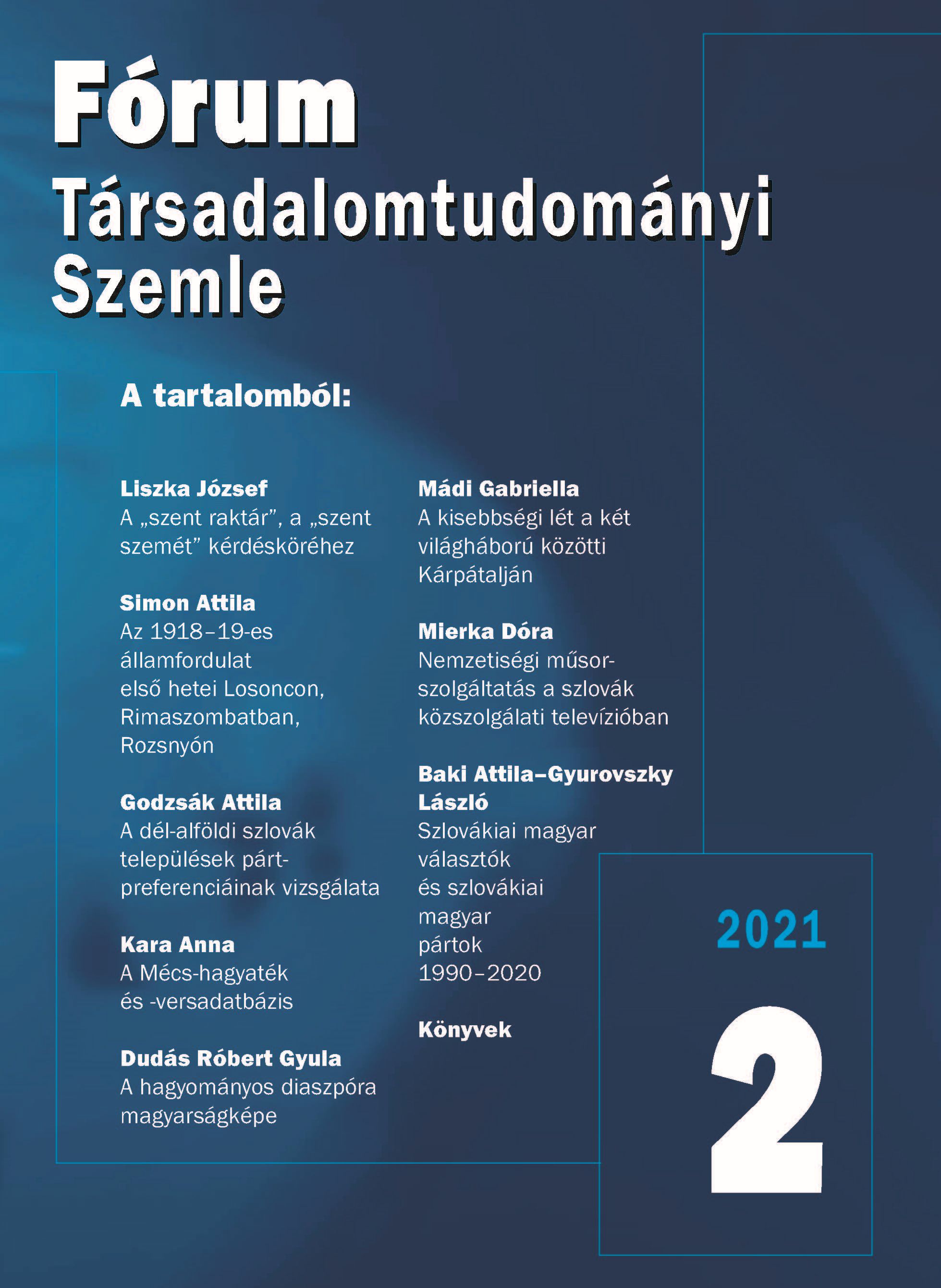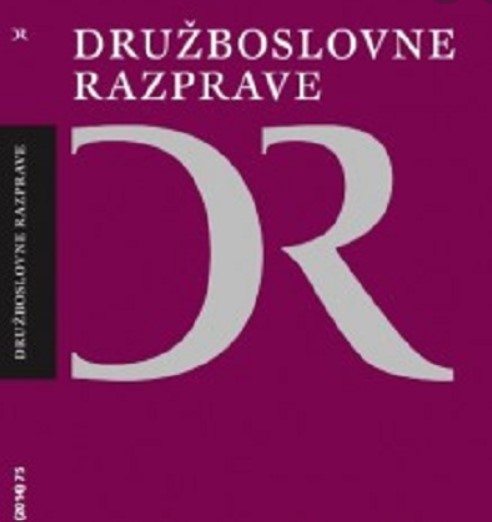
Subkultūrų poveikis ugdymo procesui mokykloje: paauglių, priklausančių subkultūroms, požiūris
Analysis of scientific literature suggests that the topic of subcultures attracts the attention of scientists. A number of authors analyse the behavioural characteristics of subculture groups,search for the concept of subcultures that reflects several theories (structural functionalism, social class theory and the post subcultural approach) approach to the problems of youth subcultures. It should be noted that there is a perception of public that teenagers who belong to the groups of subcultures stand out from their peers due to their behaviour. Due to this reason they are often classified as teenagers from risk groups, sometimes called “difficult teenagers”or identified as teenagers-delinquents. This provision that is often wrong and forms a negative attitude towards teenagers belonging to the subcultures. There are stereotypes that such teenagers have problems in education, they are not successful in schools. Such public provision causes a task for scientists to clarify youth manifestations of otherness and manage them, positively use otherness of the students in education. It is important to conduct systematic research that would help to reveal the impact of subcultural lifestyle on the achievements of teenagers, their behaviour,and communication with teachers, to set the a rising problems and offer possible solutions. It is especially important in Lithuania because the research relating this issue in our country is rare. Problematic questions can be raised: what influence of subcultures on educational process is identified by the teenagers belonging to various subcultures? How do they feel in the society: are they valued and recognized? The article refers to the approach of teenagers belonging to the subcultures on (self-)educational process in school and presents the opinion of these teenagers about the recognition and evaluation of subcultures in public. In order to more deeply understand the impact of subcultures on the process of (self-) education in a school, exploratory qualitative study has been carried out on March-April in 2014. The results of the study which was aimed to reveal the opinions of teenagers belonging to alternative subcultures about the impact of subcultural life on their (self-)education achievements, behaviour and communication with teachers allow to state that these teenagers in sciences are similarly successful as their other classmates. The people around do not seek for other reasons of the failure of these students. The approach to the discrepancies of teenagers belonging to the subcultures and traditions and social behaviour of the society should not be treated as deliberate violation of non-compliance with norms and established rules. It is more rational to recognize a subculture as an alternative of established culture or its strain in the space full of changes.
More...
